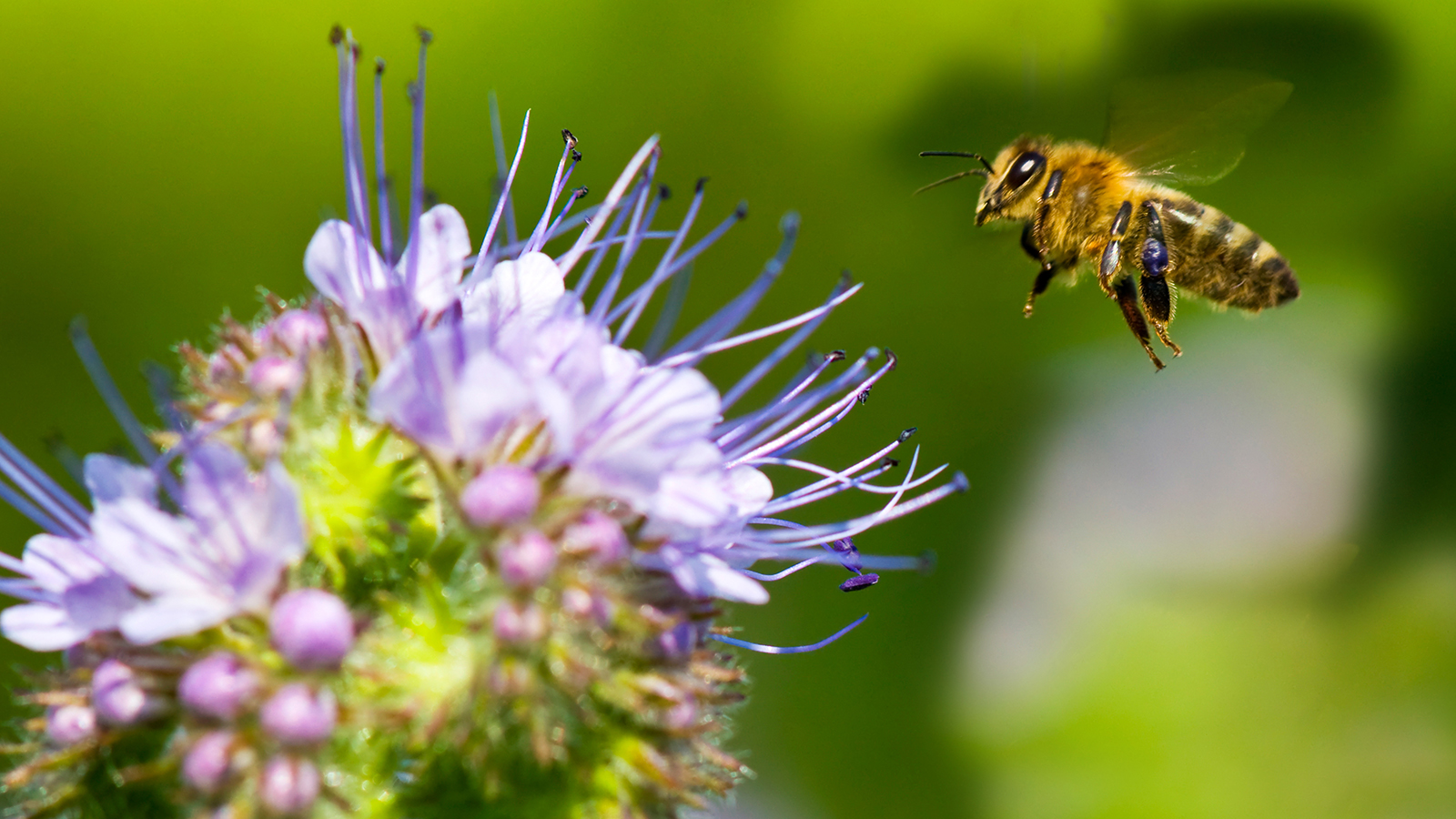
Ever since the Asian predatory wasp or hornet (Vespa velutina) entered Spanish air space in 2010, something strange has been happening in the fields of the Cantabrian coastline in northern Spain. Scientists are not surprised at what local residents are reporting: a fall in the number of butterflies, flies, hornets and, above all, bees.
Honeybees are a gourmet dish to the Asian hornet, yet 70% of all crops for human consumption depend on the bees’ pollination work, says Greenpeace.
Everything suggests that the voracious insect, which originated in China and reached Spain via France, is winning the war against its native cousins.
Locals say that they are seeing a lot fewer insects, and the wasp traps confirm this: at first very few Asian hornets were getting caught, and a lot of other species. Now it is apparently the other way around according to the 'Confederation to Defend Bees on the Cantabrian Coast'.
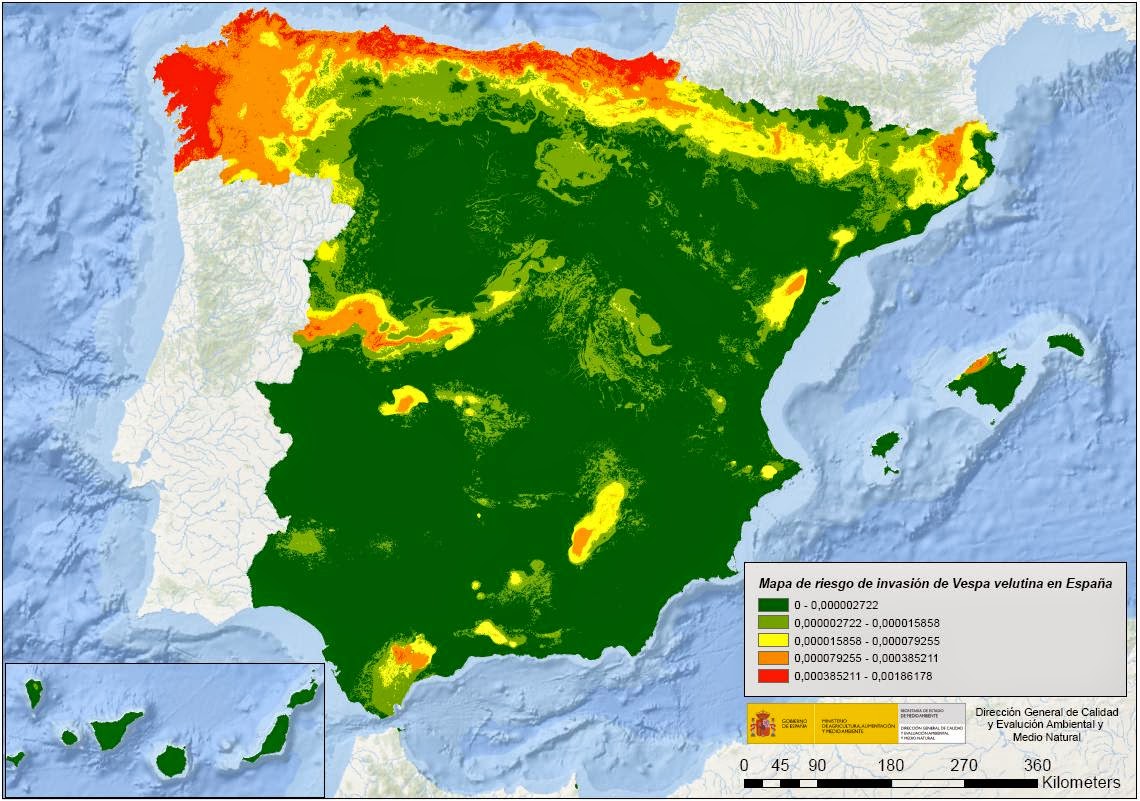
In the seven years that these black-chested insects have been crisscrossing Spanish skies, not a single global report on the environmental and socioeconomic damage that they are causing has been produced.
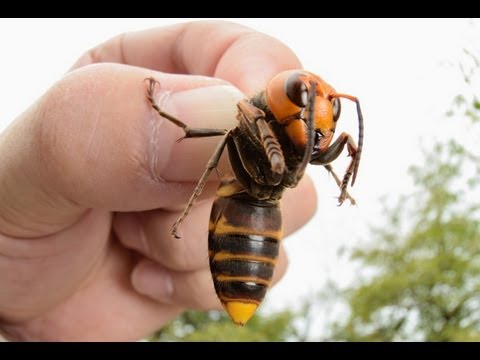 Unfortunately at present it seems to be affecting only a very overlooked sector. The Beekeepers Association of Guipúzcoa, in the Basque Country seem to think that things would be different if they were attacking vineyards in France, or txacolí vines in the Basque country.
Unfortunately at present it seems to be affecting only a very overlooked sector. The Beekeepers Association of Guipúzcoa, in the Basque Country seem to think that things would be different if they were attacking vineyards in France, or txacolí vines in the Basque country.
As a result, Basque and Galician beekeepers have come together to sponsor 'limited' research on the damaged produced by the Asian hornet in their respective territories.
In Galicia, where the number of detected swarms grew by 70% between 2015 and 2016, beekeepers have joined forces with the universities of A Coruña and Santiago, as well as with local authorities in A Coruña, to assess the damage produced by the Asian hornet in this northwestern province.
The difference is noticelable more to the foreigners as they return year after year. They see what the locals don’t: that Galicia is increasingly green but just green, without the colors contributed by flowers, and that is because there are fewer pollinating insects.
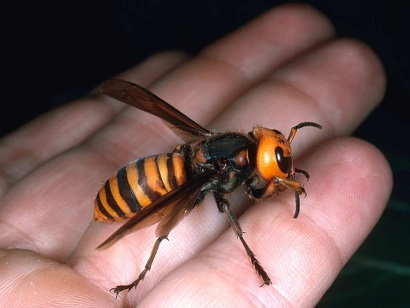 The Asian hornet has only added to the woes of the honeybee, whose extermination began in the 1990s due to the proliferation of pesticides, says Astray. At some bee colonies, mortality rates have reached 50% since the arrival of the Asian hornet, and there has been a worrisome decline in production by the stressed honeybees that do survive the wasp attacks.
The Asian hornet has only added to the woes of the honeybee, whose extermination began in the 1990s due to the proliferation of pesticides, says Astray. At some bee colonies, mortality rates have reached 50% since the arrival of the Asian hornet, and there has been a worrisome decline in production by the stressed honeybees that do survive the wasp attacks.
Meanwhile, the Environment Ministry says that this is a problem mostly for beekeepers. For now there is no evidence, as far as they are concerned, that shows there are any significant effects on the natural surroundings. Which is hardly suprising, as there has been no real research into this.
The industry has been “patching up” the problem with homegrown solutions, such as destroying nests and capturing the queens with all kinds of bait (including dark lager). But the wasp troops keep growing “exponentially,” and the battle will only be won when scientists tailor a specific bait for this insect.
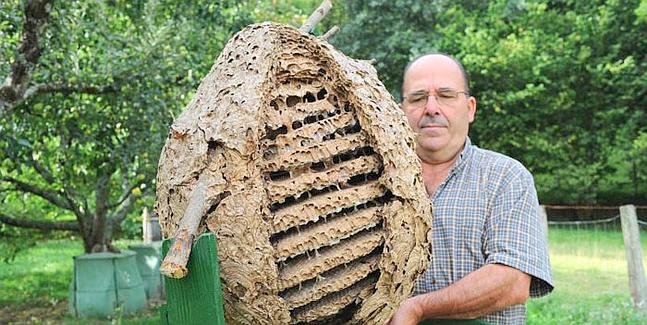
Sandra Rojas, an expert on pollination biology, has been studying the Asian hornet invasion for four years. She explains that the traps used to date are not selective, and have also killed many native species. She belives that It is very likely that the plague of wasps will affect the entire food chain, because the creatures that normally eat the arthropods that Asian hornets hunt, such as spiders, birds or bats, now have less food.
Scientists are now searching for a pheromone that will prove irresistible to the Asian hornets, and to them alone. Around 20 environmental, university and professional groups have teamed up in Galicia into a group called 'Stop Vespa Velutina' to demand state funding for scientific research.
In the meantime, beekeepers are bracing for July, the month when the Asian hornets will be back to attack their hives.